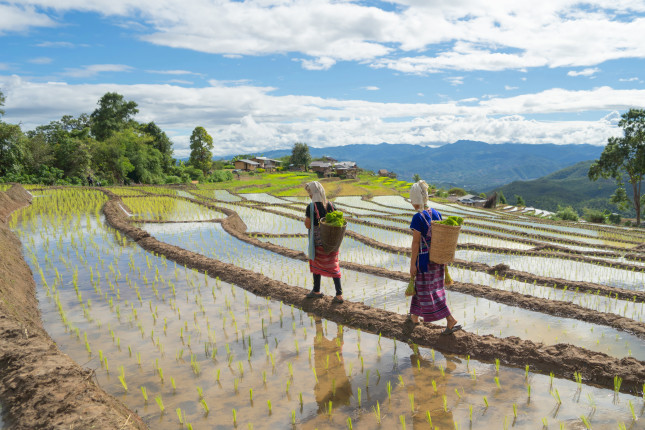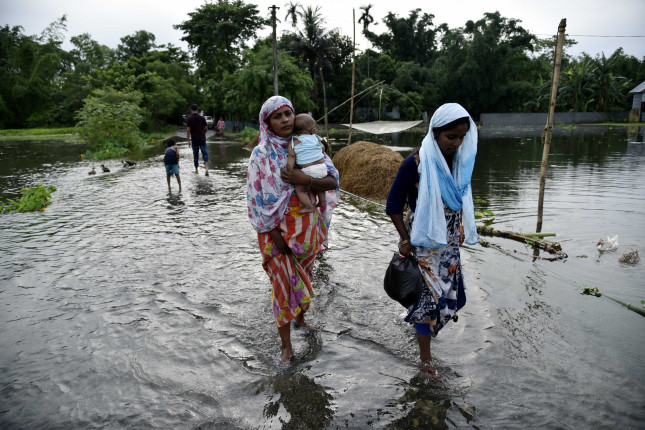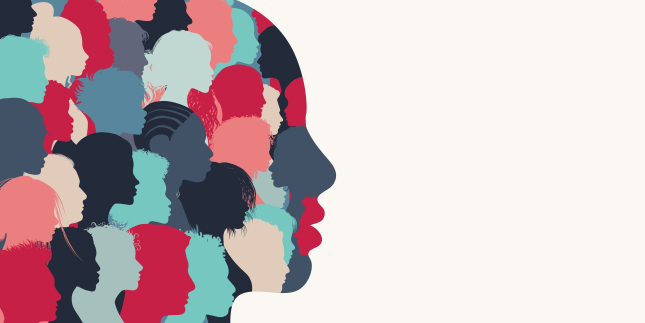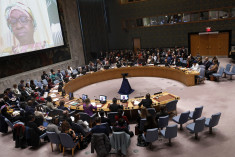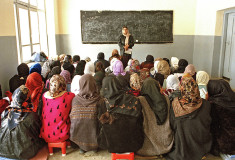-
Connecting the Dots to Gender Equality and Empowerment
›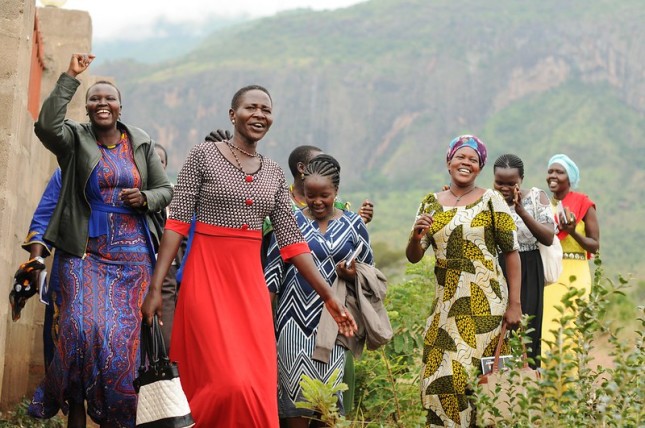
“Women’s ability to access education, pursue a career outside the home, or participate politically often hinges on their ability to exercise control and autonomy over their own bodies and reproduction,” said Sarah Craven, Director of the North American Representation Office at UNFPA at a recent Wilson Center event, hosted in partnership with Population Institute, to launch their new report, Connecting the Dots: Sexual and Reproductive Health and Rights as Prerequisites for Global Gender Equity and Empowerment.
-
The Next Feminist Wave: Heat
›
The summer of 2023 featured some of the hottest days ever recorded. Feminists should be alarmed.
Climate change may not seem like a feminist issue on its face. A warming planet poses a cross-cutting and common threat. But the perception that climate impacts result in uniform harm produces partial solutions that neglect the world’s most vulnerable populations. This alone makes environmental justice a gender justice issue as well.
-
Introducing “The Arc”
›
On today’s episode of New Security Broadcast, ECSP is launching a new series called The Arc, focused on the connections between climate change, equity, justice, and identity. We will cover a wide range of topics – from food and water systems to the energy transition, migration, and climate finance – and talk with practitioners, advocates, professors, and community leaders to discover where these topics intersect with issues related to climate impacts and justice.
-
New Global Health & Gender Policy Brief: Climate Change and Maternal and Newborn Health Outcomes
›
The growing climate crisis presents one of the largest public health threats of the century. However, its countless impacts on maternal and newborn health outcomes (as well as health disparities worldwide) have only recently gained global attention.
-
Report Launch: The Lancet Commission on peaceful societies through health equity and gender equality
›
“The message of the report we are issuing today is clear: health equity and gender equality have a unique and powerful ability to contribute to peace,” said Finland’s former President Tarja Halonen at the recent launch event at the Wilson Center for a new report by the Lancet Commission on peaceful societies through health equity and gender quality.
-
Connecting the Dots: Women, Peace, and Security and Reproductive Health
›
It is well established that women’s and girls’ lives are disproportionately affected by humanitarian emergencies—and that these crises often underscore pre-existing discriminatory practices. According to the United Nations Population Fund (UNFPA), women and children account for more than 75 percent of those at risk from war, famine, persecution, and natural disaster. During these emergencies (and in their aftermath), women and girls are exposed to greater threats, such as the loss of livelihoods, education, and security due to displacement and the breakdown of social order.
-
Connecting the Dots: The Interplay between Education and Sexual and Reproductive Health
›
The importance of quality education for girls cannot be understated. And when global thought leaders, policymakers, gender advocates, and researchers convened in Rwanda in July at the Women Deliver 2023 Conference, it was a chance to discuss a topic increasingly at the forefront of global conversation: How can quality education advance gender equality and empowerment worldwide?
-
ECSP Weekly Watch | August 14 – 18
›
A window into what we are reading at the Wilson Center’s Environmental Change and Security Program
Thirst for Relief: Prolonged Drought Intensifies Afghanistan’s Humanitarian Crisis
Afghanistan is the world’s sixth most affected country by climate-related threats—and its present acute challenge is water scarcity, intensified by climate change. The country is heavily reliant on agriculture, which makes up a third of its GDP.
Showing posts from category family planning.


